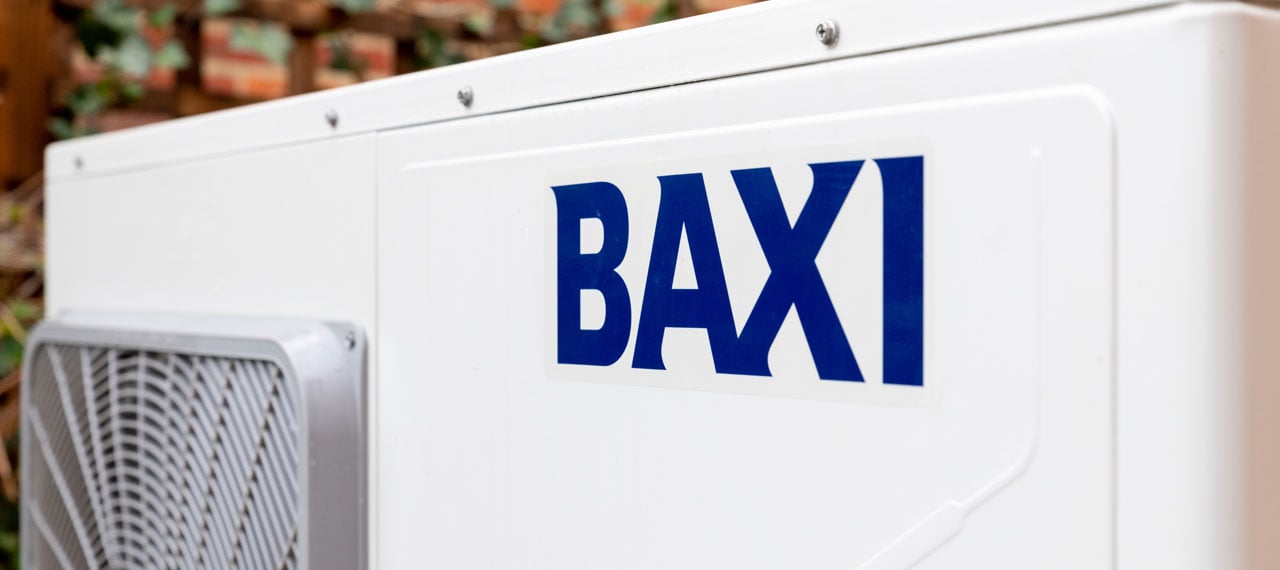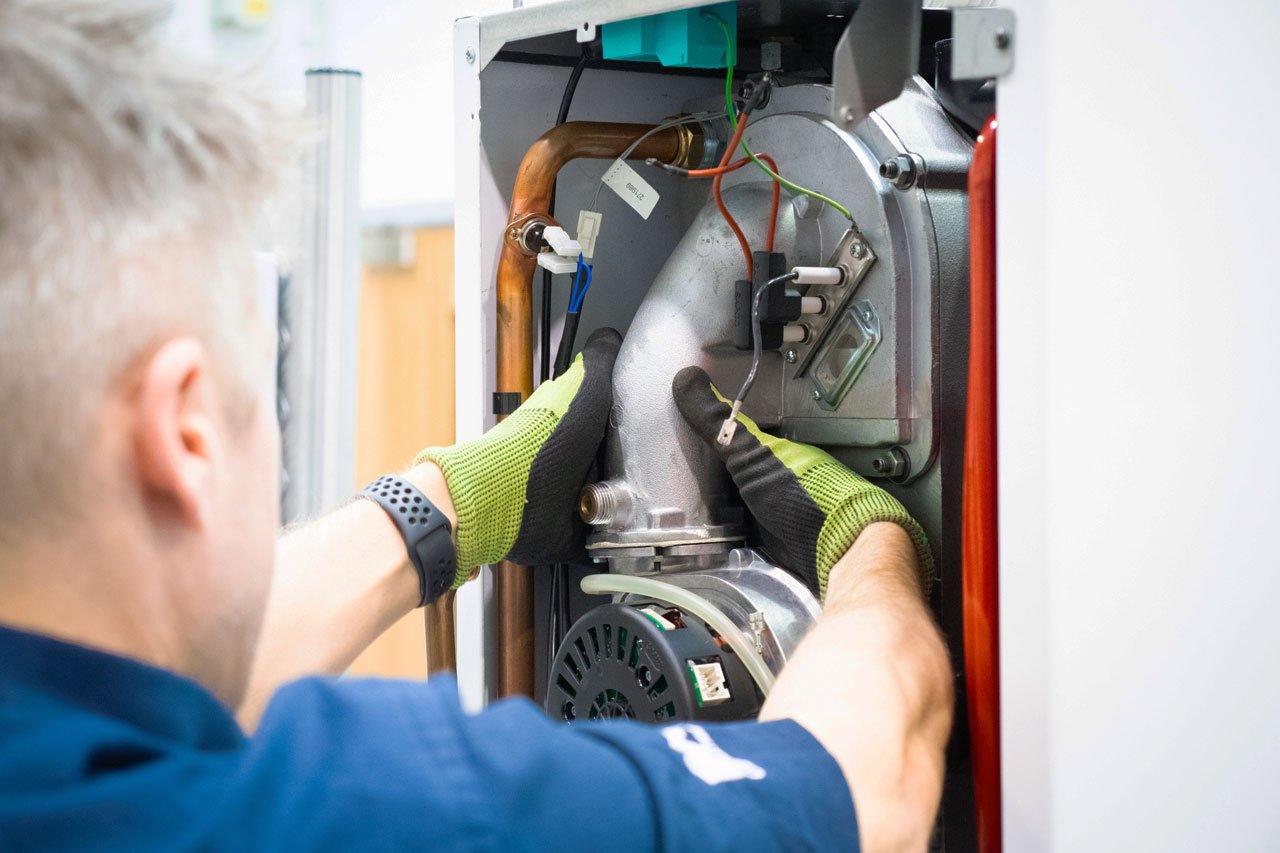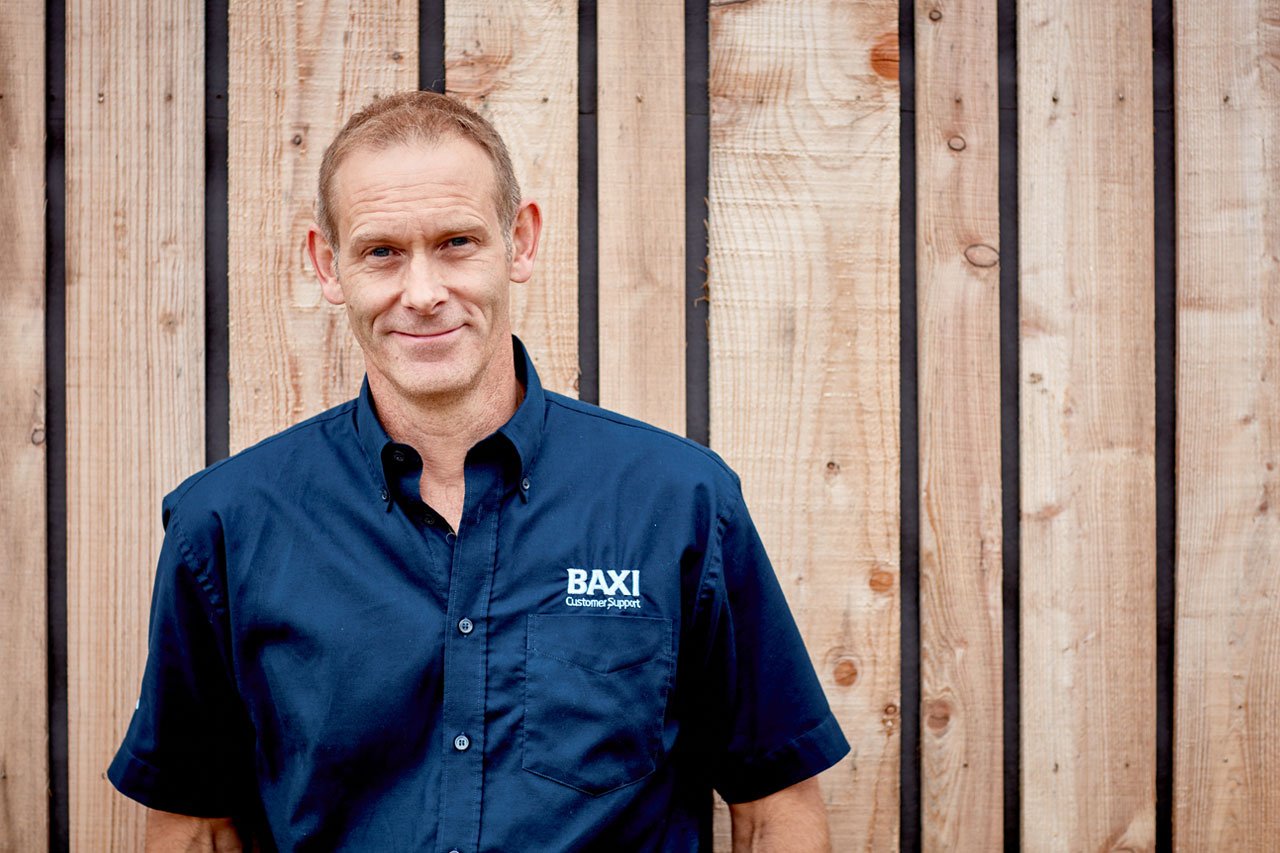
Sustainable Solutions for Social Housing: The Role of Contractors and Engineers
Social housing is undergoing a radical change regarding energy use.
As central and local Government targets around social housing decarbonisation come ever closer, having a clear understanding of the available opportunities and processes will make it easier for contractors and engineers to meet the upcoming challenges. Lee Caufield, Baxi’s Head of Residential Specification, explains what a phased approach for decarbonising social housing could look like.
The cost-of-living crisis and rising prices across the board are significant challenges to the housing industry. Social housing providers must strike a fine balance between taking the necessary steps to achieve net zero targets and protecting residents from fuel poverty. Ensuring their new-builds are equipped with low-carbon heating technologies is one part of the challenge, as is the retrofit of around 4.4 million existing homes that these social housing providers already own. The heating systems must make good on two fronts: maximum energy efficiency and user-friendliness for lay homeowners and tenants.
As if this weren’t complex enough, each project will have its own individual needs, which means one size will not fit all. Budgetary constraints may be a significant factor in the feasibility of some upgrades, especially in older housing stock that can often be heat inefficient.
For these reasons, it’s advisable for social housing providers to take a holistic, systemic approach that takes into account both the end-user’s needs and their own budgetary concerns from the outset. And with stricter Government targets playing a larger role in social housing, it’s essential that engineers and contractors working on these projects understand the process of decarbonisation now. Inaction is simply not an option. Small steps can lead to large energy and cost savings. So let’s consider some of the practical, available approaches.
Approach one: Fabric
Fundamental to bringing down emissions and bills is a fabric-first approach. This means making sure the systems already in place – and the properties themselves – are as efficient as possible.
A straightforward example would be windows: are they well-insulated and free from drafts? Walls, too, should be properly insulated and heating systems should have regular maintenance. Heating engineers may well spot opportunities for improvement specific to the project and should be willing to discuss these with the project lead. Where TRVs are installed, for example, engineers should check that end-users know how to use them as well as any other heating controls.
Approach two: Planning
Once the properties have maximised building envelope performance, it is important to prepare for the upgrades that align with Part L of Building Regulations. Making small upgrades now may mean that larger upgrades won’t be needed further down the road - and contractors and engineers are likely to have experience and insights that social housing managers will find valuable.
Alongside this, take time to ensure that users have a good understanding of straightforward actions they can take to reduce energy demand and costs. For example, according to the Energy Saving Trust, a 1ºC increase in thermostat temperature could increase heating costs by up to 10% so helping residents understand how to use heating controls means they are able to make that small temperature reduction and large saving.
Approach three: Add-ons
Accessories that are non-serviceable, easy to use and guaranteed to reduce emissions and running costs should be given proper consideration. Again, this is where contractors and engineers will likely be able to make recommendations based on their knowledge of products and processes.
For instance, adding a Flue Gas Heat Recovery (FGHR) to a Baxi Assure 500 Combi 2 can reduce annual carbon emissions by as much as 268 kg in a 3-bed semi-detached house. The FGHR collects waste heat and repurposes it to preheat cold water. It is estimated that this alone can save up to 50% of the gas used to heat water every year.
Similarly, and using the same modelling, fitting an in-flue outdoor sensor (IFOS), which meets weather compensation requirements of Boiler Plus, could cut annual carbon emissions by 213 kg.
Approach four: Looking longer-term
To accelerate decarbonisation, it will eventually become necessary to make more significant improvements. This might involve installing ultra-efficient Air Source Heat Pumps (ASHPs), either as a standalone solution or as part of a hybrid system. Or, in multi-occupancy residential developments, implementing a heat network to heat the individual dwellings might be the most appropriate way forward. Housing providers need to consider all the options, so contractors and engineers should be well-versed on the technologies and approaches available in order to advise on the most appropriate solution for each project.
Steps contractors and engineers can take now
With the climate crisis ongoing and the Government’s Net Zero goals close on the horizon, housing providers are under increasing pressure to make proactive, eco-friendly upgrades.
As regulations evolve, it is important that contractors and engineers know where to turn for the latest information that will impact energy use in construction and retrofitting. So partnering with heating experts like Baxi, who can provide specialist technical advice and support at every stage of the decarbonisation journey, will stand contractors and engineers in good stead as they navigate the complex issues involved.
Decarbonisation and Affordability of Heat
For more on the decarbonisation of heat in social housing, download Baxi’s complete guide
Sustainability
Sustainability is embedded in all we do, and we are committed to being a cleaner, greener manufacturing business.
Specifiers and Social Housing
At Baxi, we pride ourselves in developing long-lasting partnerships with developers, to fully understand their needs and ensure we deliver reliable and cost-effective heating and hot water solutions.
Get More
Sign up to 'get more' from across all the Baxi brands - Remeha, Andrews Water Heaters, Potterton Commercial and Heatrae Sadia. Including being the first to know about new products and services, industry legislation, promotions and more!




